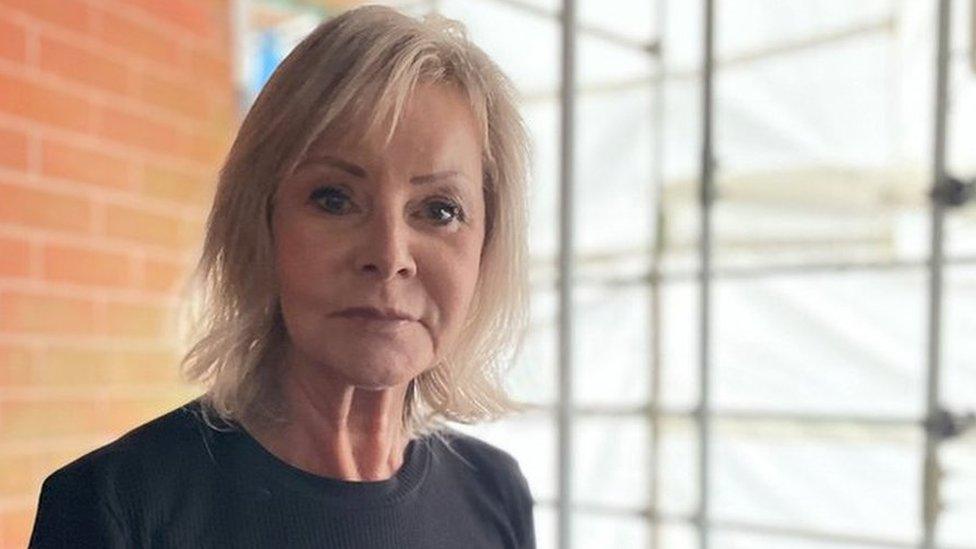Cladding crisis: 'I can't be sure I won't have a huge bill'
- Published
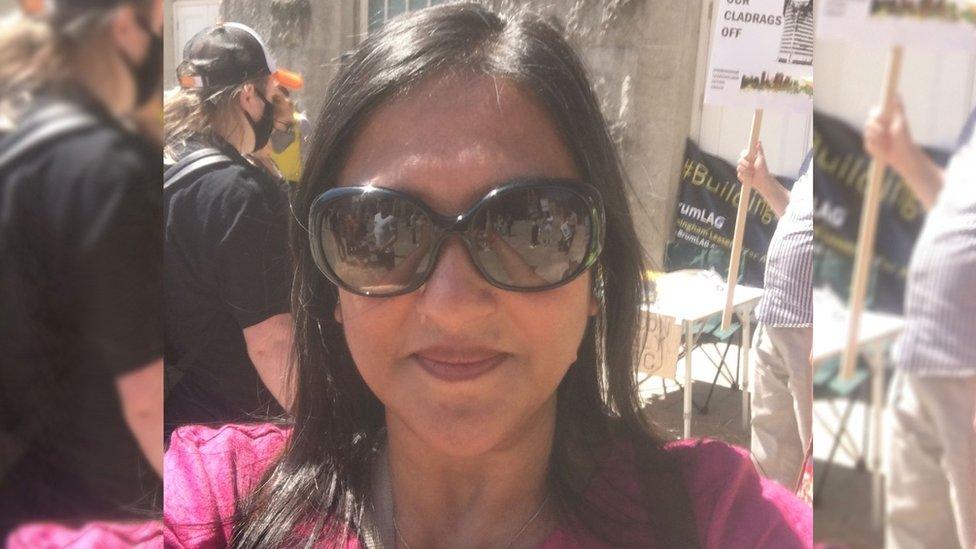
Eva Nazem still faces a bill of up to £40,000 after flammable insulation was found in her flat
A flat owner says plans to protect fellow leaseholders from costs to fix flammable cladding do not go far enough.
The government is offering financial protections for those facing cladding upgrade bills, but Eva Nazem says it must extend to all fire risks.
It comes after a fire safety report for her Birmingham home raised concerns not about the cladding but insulation.
The government says it intends to extend support to cover other costs.
Following the Grenfell fire tragedy in 2017 in which 72 people lost their lives, inspections were ordered - and defects discovered - at hundreds of blocks of flats across the country, leaving individual leaseholders with enormous bills to put things right, and potentially unsellable homes.
On Monday, to ease the burden on them, Michael Gove, secretary of state for levelling up, housing and communities, said he would make developers pay up to £4bn for the removal of unsafe cladding used during building programmes.
But the move has been criticised as only making buildings "half safe", and "abandoning" those facing bills for other fire risk issues uncovered in the wake of Grenfell.
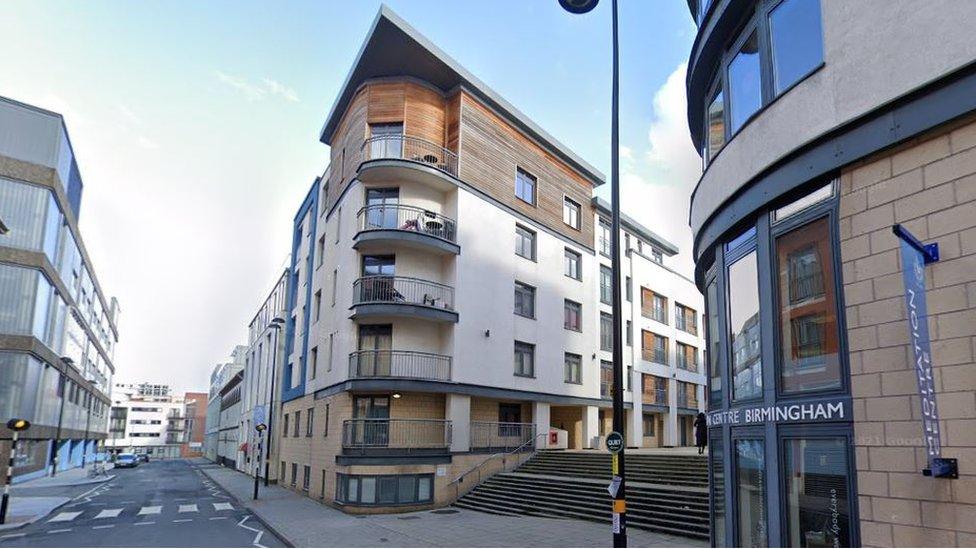
Ms Nazem bought her flat in Birmingham city centre in 2014
Ms Nazem, 49, bought her flat in the Post Box development on Birmingham's Upper Marshall Street in 2014.
Since a fire safety inspection report revealed issues with the block's insulation, her insurance costs have more than tripled from £320 a year to more than £1,000.
Previously, government advice had said buildings under 18m - such as Ms Nazem's - were less at risk of fatalities or serious casualties in the event of a fire, and, as a result, those living in mid-rise buildings were not covered by Building Safety Fund payouts.
Ms Nazem is concerned that while the move to protect leaseholders from cladding costs is "a step in the right direction", she said, "on a personal level, it's made things worse for me".
"I can't be sure I won't have a huge bill to pay," she explained, having estimated replacing the insulation would cost her up to £40,000.
However, due to uncertainty surrounding risks in mid-rise buildings, the contract has not yet been put out to tender so she and her neighbours remain in the dark concerning the cost of remediation work, as well as the timeline.
"We're really in limbo," she said.
Ms Nazem raised a further concern that extending support to leaseholders in mid-rise buildings would at the same time suggest "the government is admitting these buildings are unsafe", meaning "it's impossible now to argue we are safe". And that, she said, left residents as a result facing further impact on insurance costs and opportunities to re-mortgage.
Ms Nazem is now living back at her parents' home in Birmingham while she saves for the costs she foresees, renting out the flat to tenants in the meantime.
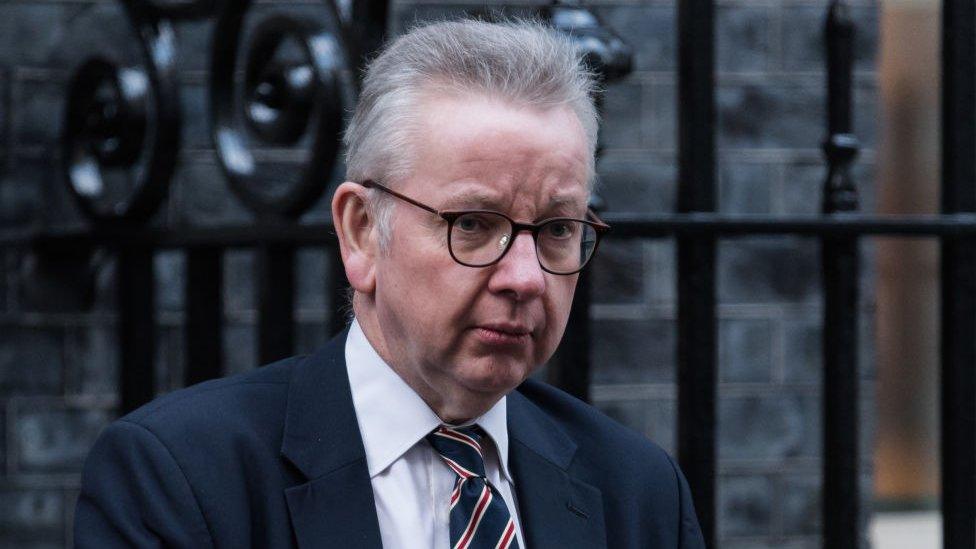
Michael Gove said the government must relieve the burden unfairly put on leaseholders
She called on the government "to look at the whole fire defects issue, not just cladding".
"Protect leaseholders from any fire safety defects," she said.
Her calls were echoed by Labour, with Mr Gove's shadow Lisa Nandy saying on Monday there was "a gaping hole" in his proposal.
"You cannot make a building half-safe," she said, accusing the government of "abandoning those who are hit with bills for non-cladding defects".
Mr Gove responded by saying he agreed "non-cladding costs do need to be met".
He said the government was considering further amendments to the Building Safety Bill to "enshrine protections for leaseholders".

Follow BBC West Midlands on Facebook, external, Twitter, external and Instagram, external. Send your story ideas to: newsonline.westmidlands@bbc.co.uk, external
- Published10 January 2022
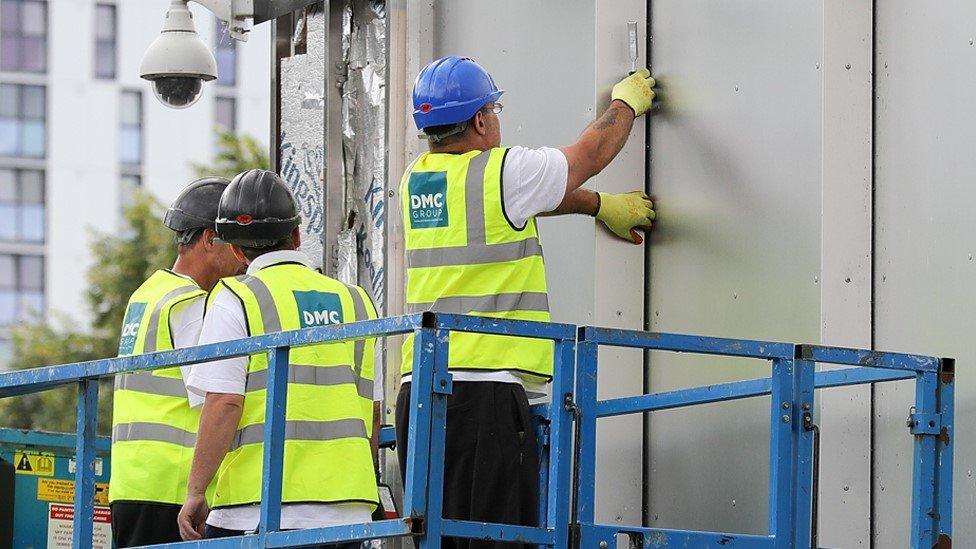
- Published8 January 2022
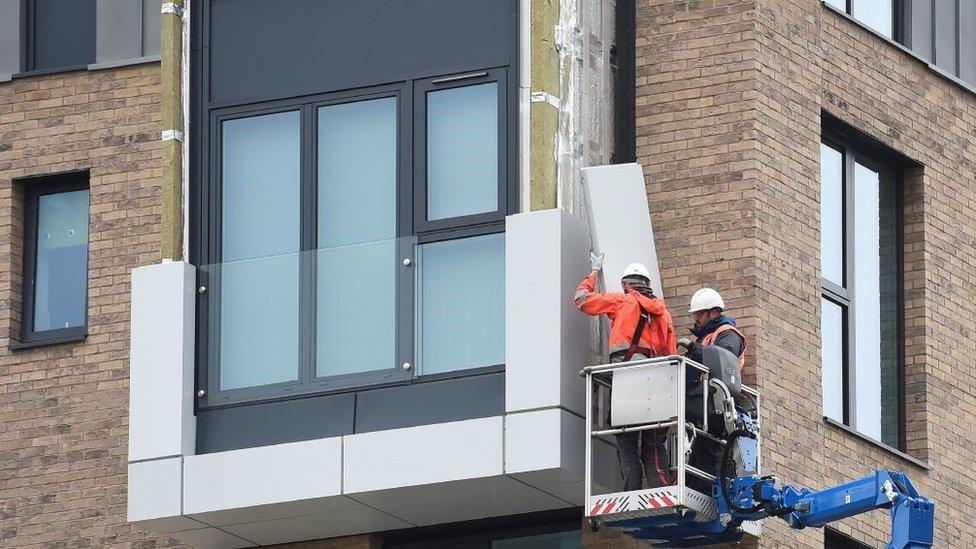
- Published8 January 2022
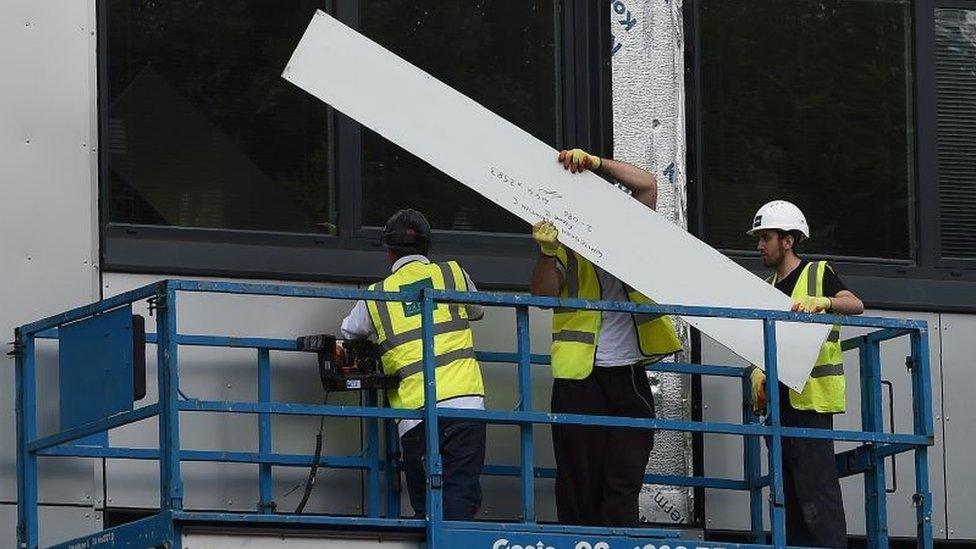
- Published13 June 2022
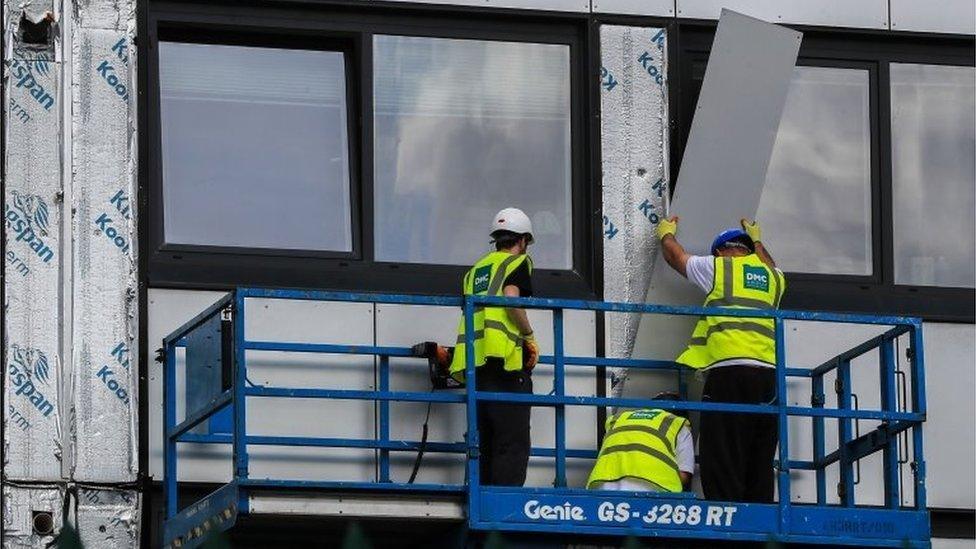
- Published18 October 2021
